Home | Events | Search by label | Get a booth | FAQ | Chat
Team
Eram Aftab
Ahsan Rashid
Location
Pattoki | Pakistan
Summary
Presentation
Images
Workshop for farmers: awareness and advocacy for soil health
Training session
Cholistan Phase I Assessment
Our Young Entrepreneurs |
|---|
Dr Usman trained under CPCCF in Holistic Land Management and Grazing practices to learn how to revive the soil and land in his family owned Farm. His family disappointed with outcomes form their farming outputs had wanted Usman to go to the cities to become a professor His education had geared him towards Animal Sciences and he obtained his Phd. On joining CPCCF's project he was inspired to implement the strategy to his family farm. reluctantly his father allowed him to use 50 acres of the land. Usman has established a grass fed organic livestock company as well as is retiring his abandoned land to life improving soil and preparing it for further development.
Toady Usman lives on his Farm raising livestock and his young family. He has adapted the savory method of wired paddocks to local method and uses his sheep dogs that he trained to manage the herds from paddock to paddock.
Videos
More
Our second project was: Introducing Regenerative Farming with biochar enriched compost to Smallholder Farmers, partially funded by a Small Grant from UNDP GEF:
Rationale for project :Biochar Enhances Crop Yield, Enriches Soil & Protects Water. ... Nitrogen tends to run-off regular soils, upsetting ecosystem balance in streams and riparian areas. Biochar also holds gasses; recent research has proven biochar-enriched soils reduce carbon dioxide (CO2) and nitrous oxide (N2O) emissions by 50-80%.
In 2018, CPCCF completed a year-long workshop in several villages around Bhai Pheru, District Kasur, near Lahore. The workshop was partially funded by UNDP GEF SGP, to spread knowledge about the on-farm production and use of biochar-enriched composts for raising land fertility, and how small farmers can make it themselves from their local wastes, replacing chemical fertilizers to reduce costs and pre-empt land degradation.
The major outcome of this workshop has been that 1,000 small farmers in the targeted area have attended day-long seminars to see for themselves, how they can make their own soil amendments at their own farms from “agricultural residues,” and how these “soil amendments” can be used to replace chemical fertilizers and pesticides, to both improve their incomes and reverse “land degradation.”
This has resulted in the emergence of a cadre of 40+ small farmers in villages around Bhai Pheru to makes their own biochar-enriched-composts from local wastes. This cadre of farmers also imparts training in the production methodology they have learnt from us, to their neighbours and relatives, making the workshop we have done a potential origin of a bona fide “movement.”
Our third project is pending funding and is in collaboration with Cholistan University of Veterinary and Animal Sciences(CUVAS) Bahawalpur Pakistan
In June 2018, CPCCF entered into an MOU with CUVAS to demonstrate how, by combining Holistic Planned Grazing and growing dense, native forests, drylands can rapidly be converted into vast areas of forests-cum-grazing pastures to transform the climate of Pakistan, countering the threat of rapidly approaching “water shortages.” Pakistan is especially vulnerable to water exhaustion as it has the highest proportion of drylands among all large countries in the world with populations exceeding 100 million.
Phase I of the “CUVAS project” will be launched on 100 acres of land that Cholistan University of Veterinary and Animal Sciences (CUVAS) has allocated to CPCCF. We are trying to raise US$ 250,000 for the CUVAS project, to rapidly bring it to a sustainable stage. Phase II of the project will then create a comprehensive plan for conversion of up to 10 million hectares of Pakistan's Drylands into forests-cum-grazing pastures to transform Pakistan into a successful partner of 4 per 1000 initiative by sequestering carbon in to soil through improving soil health and restoration of drylands into productive carbon sinks
This is a crucially important project, the implementation of which will be a major success in the global efforts to fight climate change and poverty.
Meet the team
During the indicated periods, one of the team members is available for a video chat.
| Stand No | Time zone | +/-UTC | Date | Start local time (hh:mm) | Duration (hh:mm) | Attendant | Video chat link |
|---|---|---|---|---|---|---|---|
| 0076 | https://meet.jit.si/4p1000_stand_0076 | ||||||
| 0076 | https://meet.jit.si/4p1000_stand_0076 | ||||||
| 0076 | https://meet.jit.si/4p1000_stand_0076 |
Contact
Events & Calls
| Title |
|---|
| No content found. |
Resource
| Title |
|---|
| No content found. |
Profile
| Organization |
|---|
| No content found. |


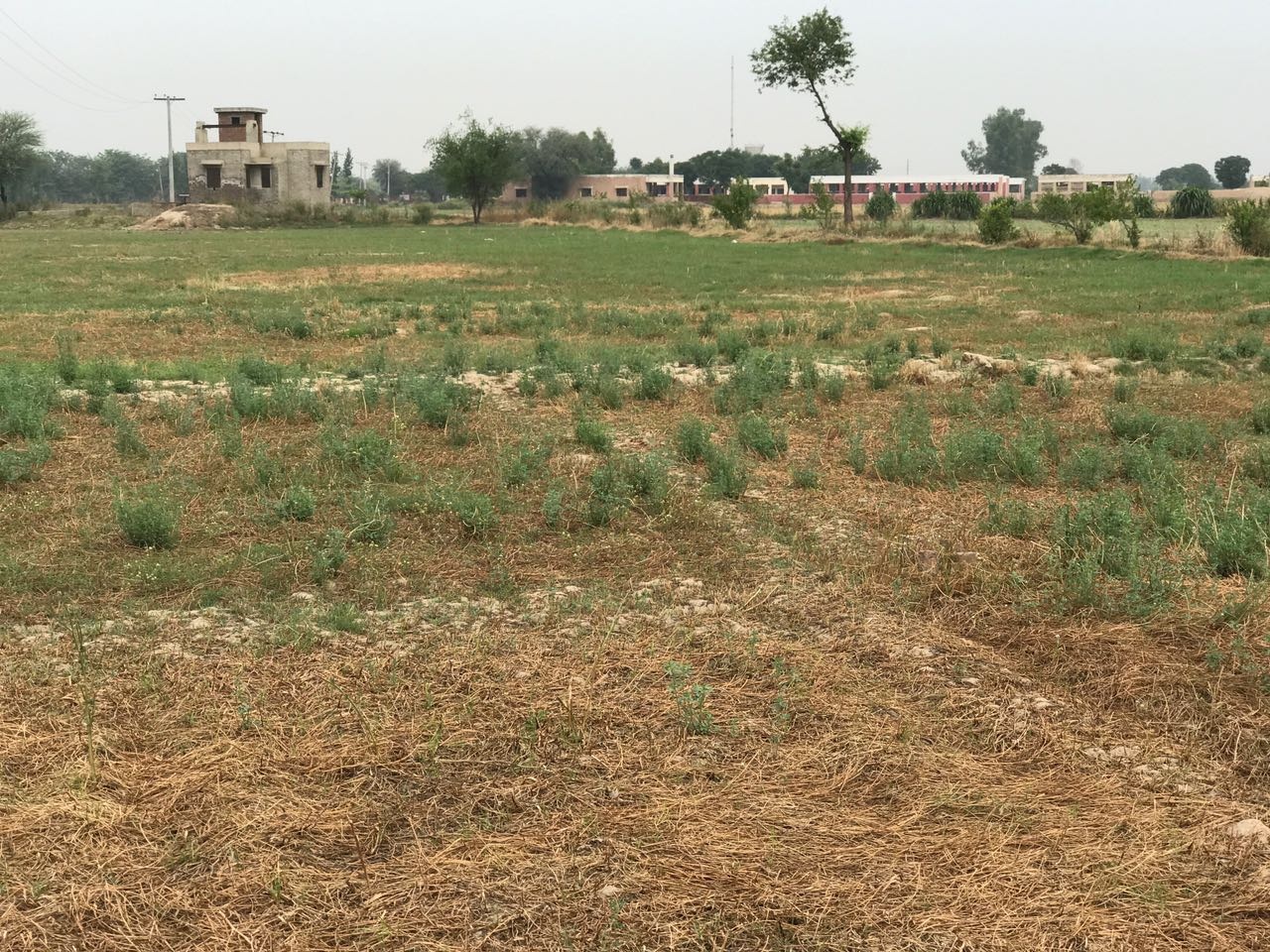

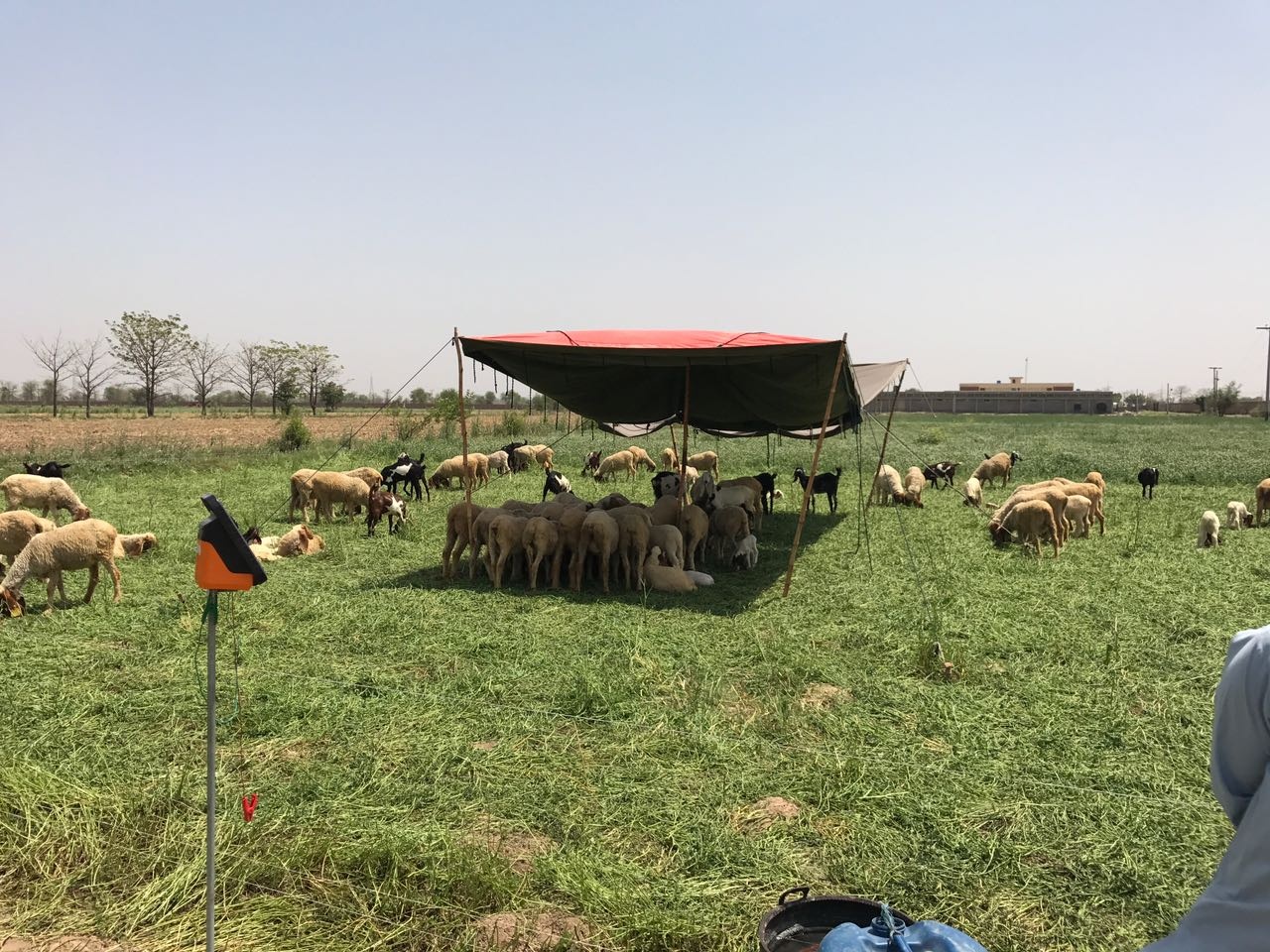
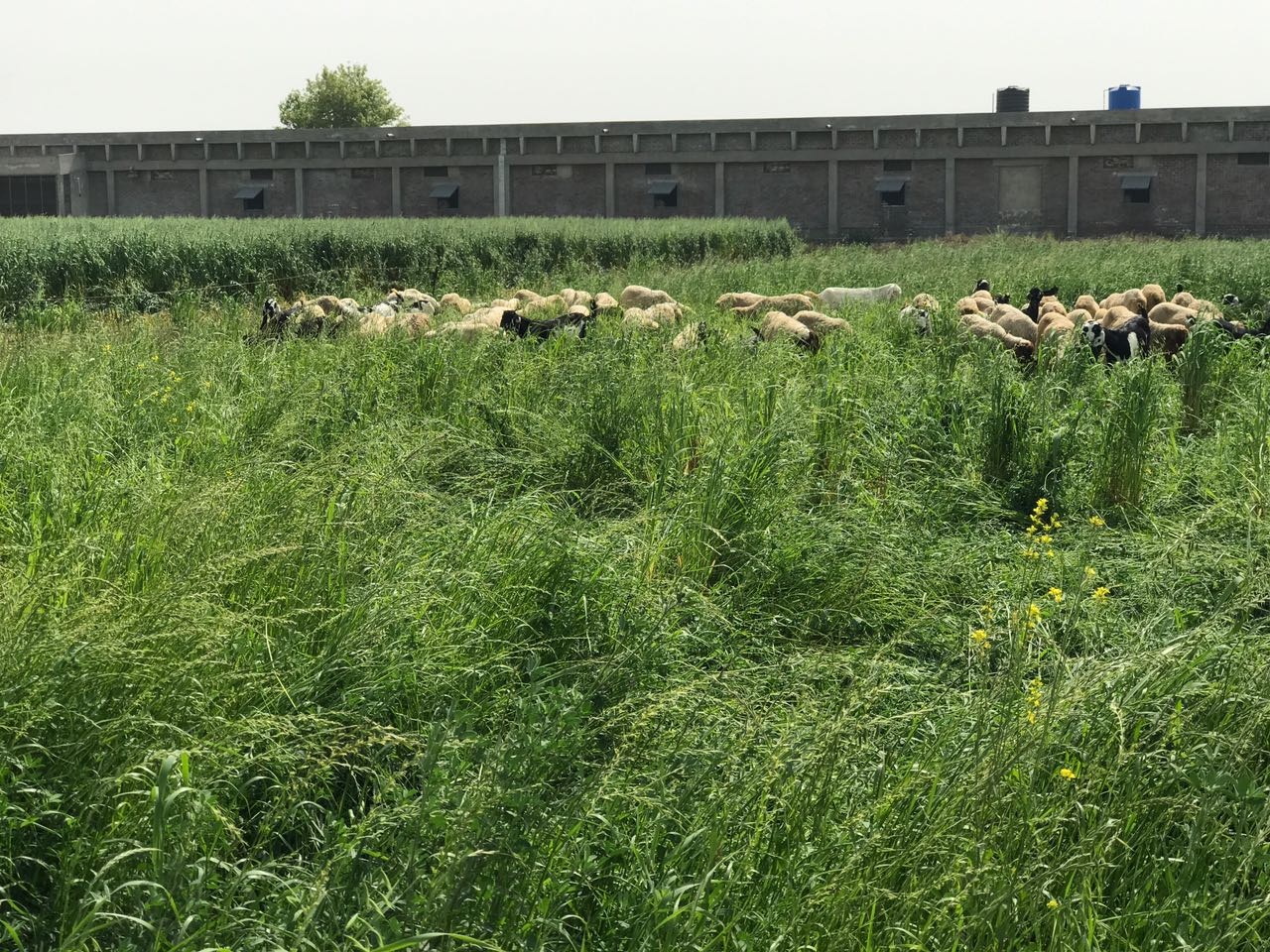
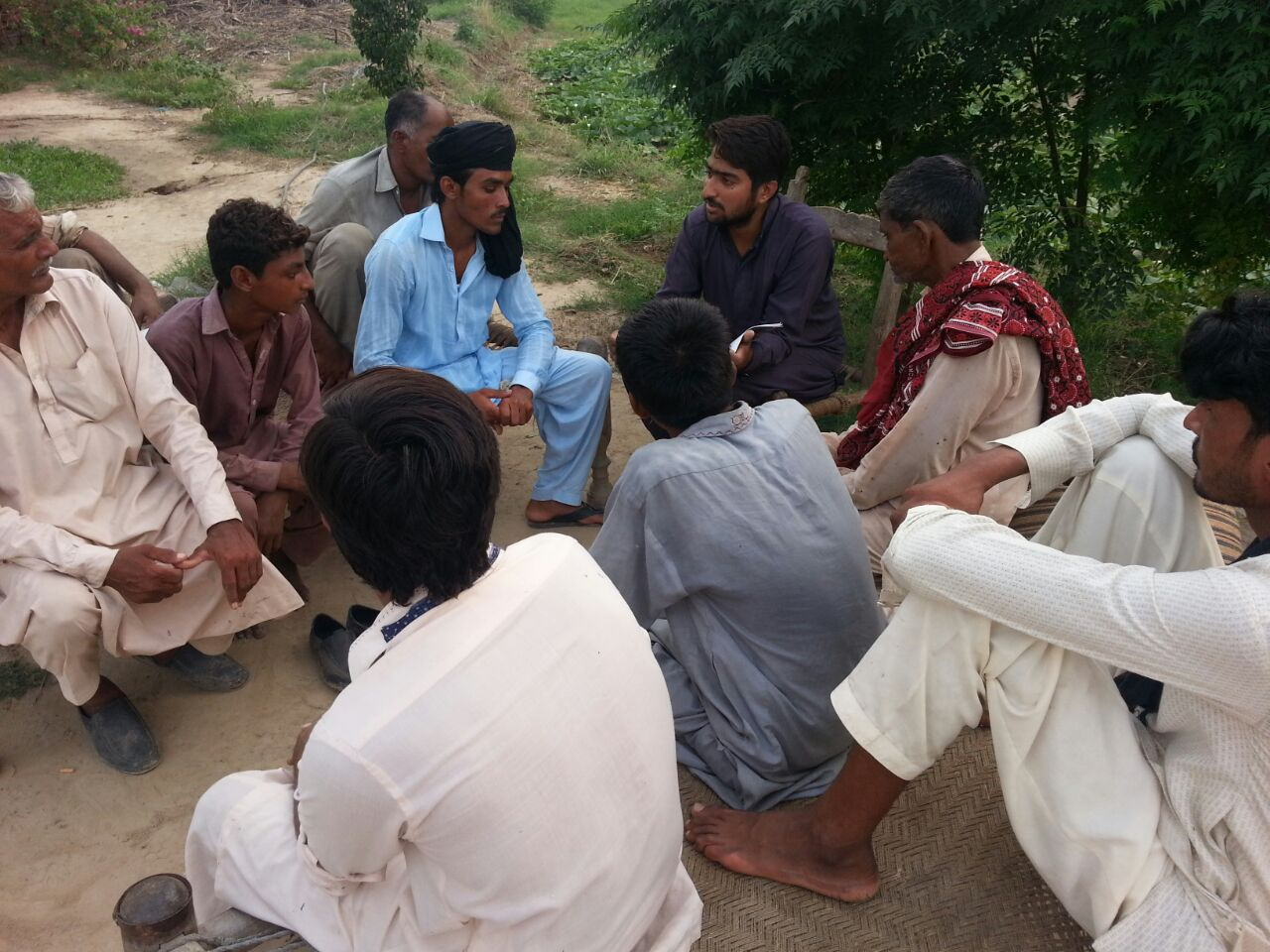
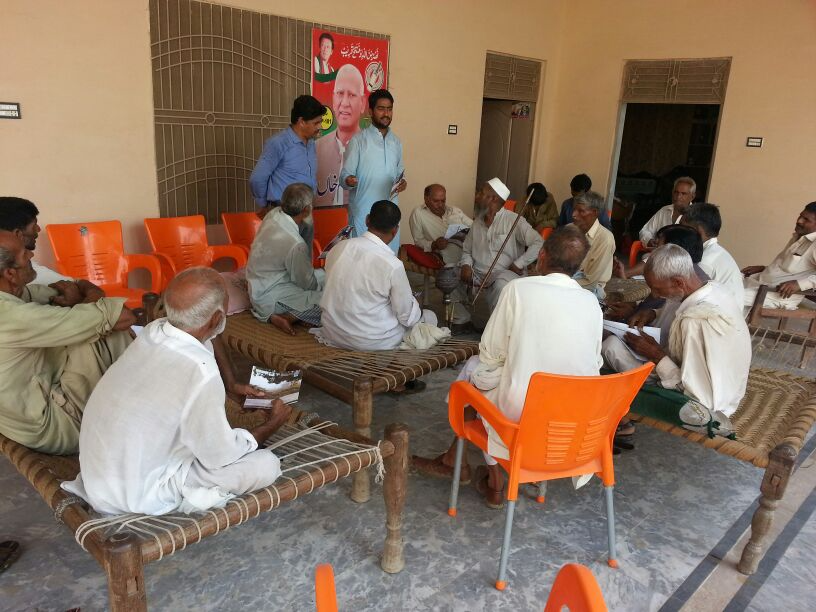
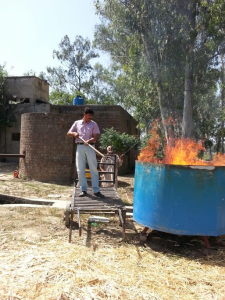
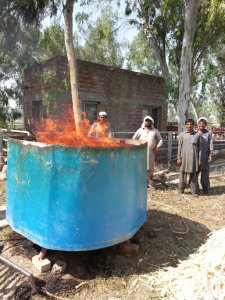
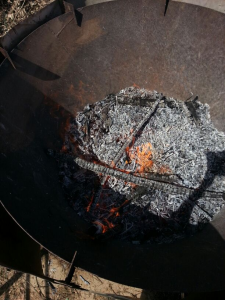

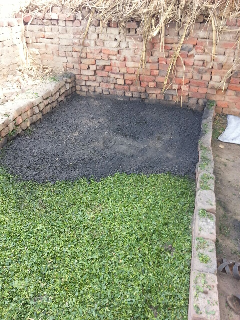
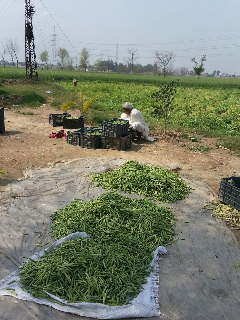
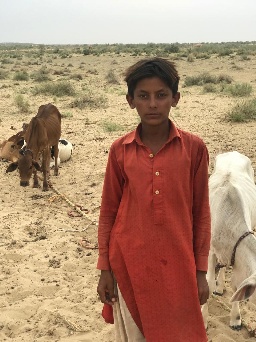
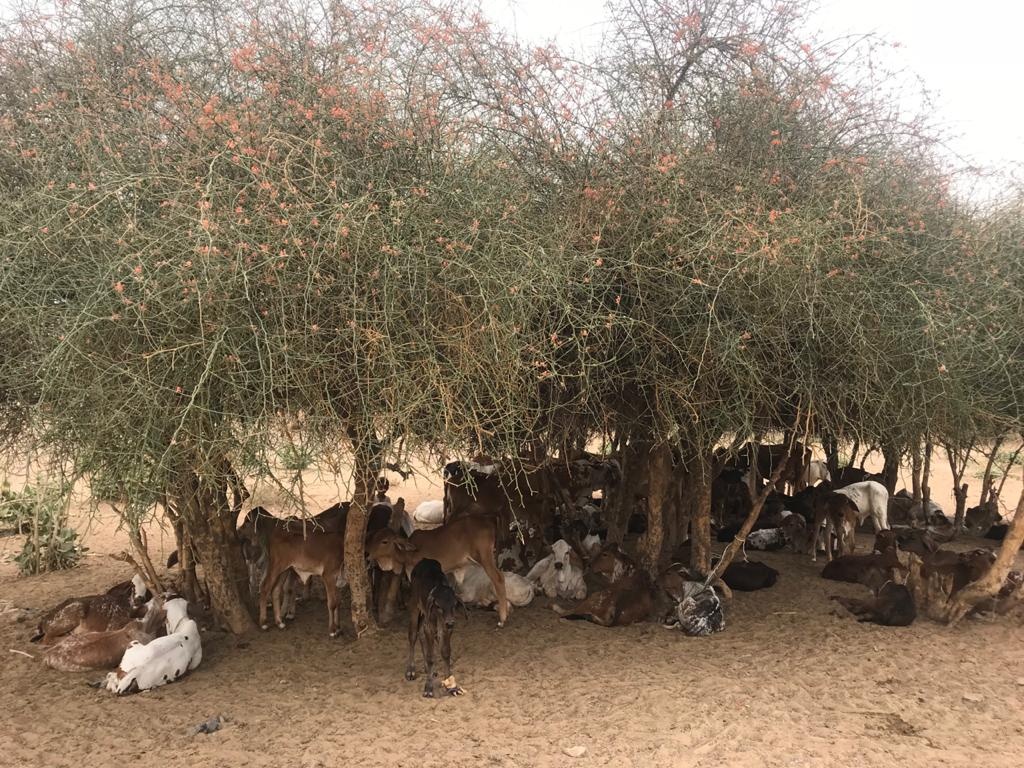


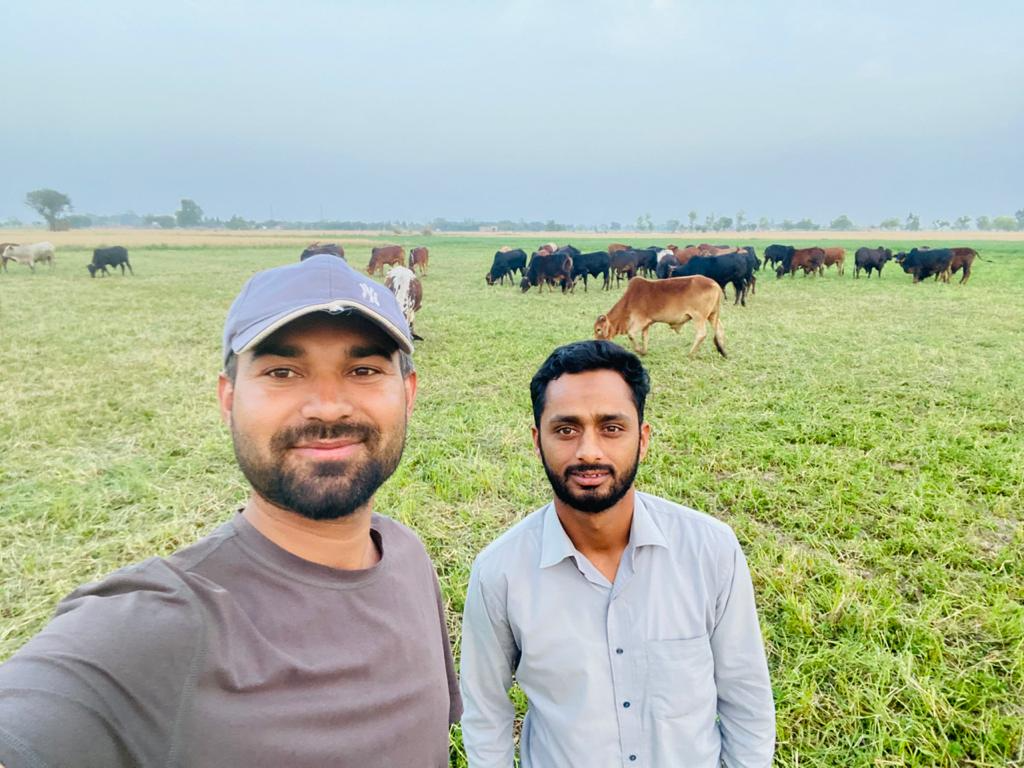

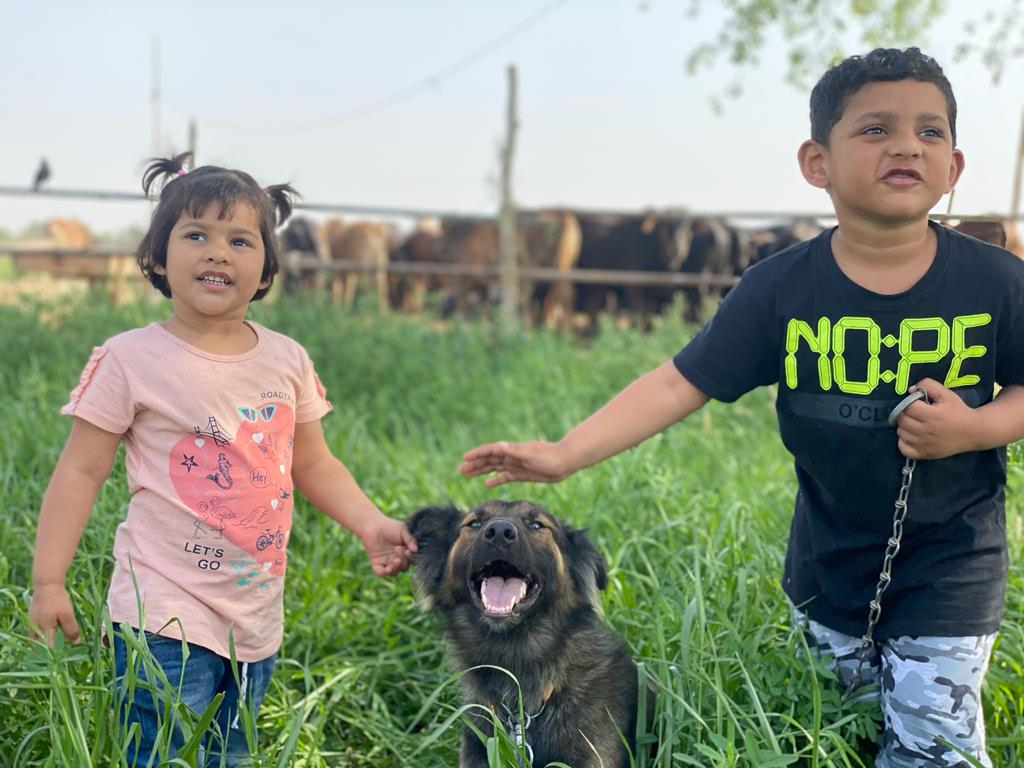
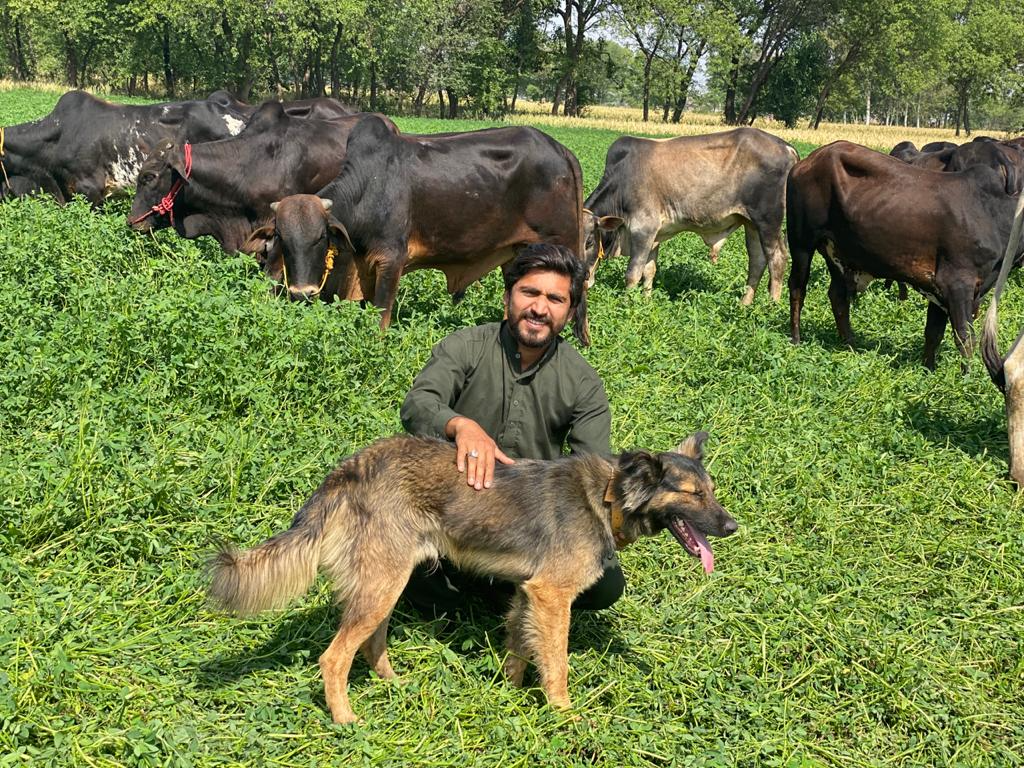
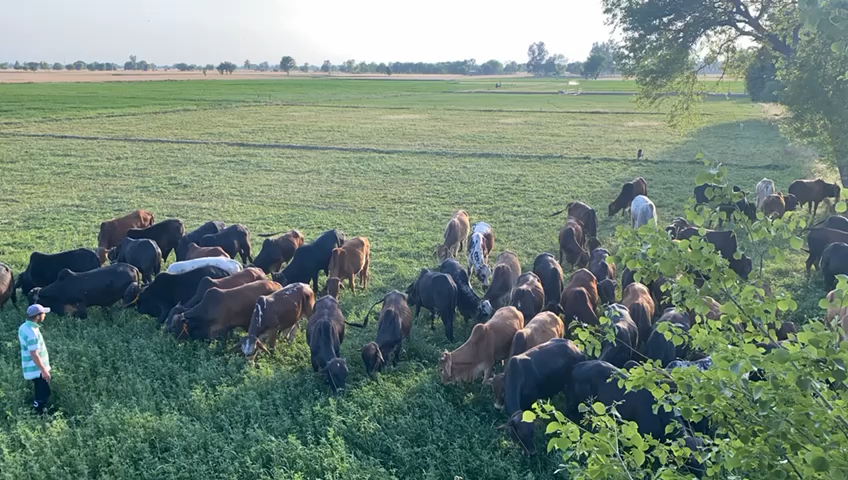
4 Comments
Anonymous
Hi all,
We just wanted to make you aware of our activities at the stand 114 (0114 - Adaptación al cambio climático de la agricultura de secano mediterránea: su contribución a la contaminación cero). We are presenting today our mobile VR app LIFE AMDRYC4. It is available for IOS and ANDROID (https://apkpure.com/es/life-amdryc4/com.UMU.LIFEAMDRYC4 or https://apps.apple.com/es/app/life-amdryc4/id1540739695) and you can also play through the web application at our official site (http://lifeamdryc4.eu/aplicacion/). The application is available in 5 languages (Portuguese, Spanish, Italian, French and English) and allows you to simulate the effects of agricultural practices on the soil productivity, and CO2 emissions. We would love to have your feedback on this and we are happy to answer any question you may have about the LIFE AMDRYC4 project.
Maria Jose Martinez (Research Coordinator, University of Murcia), Carmen Perez Sirvent (Research Coordinator, University of Murcia), Manuel Hernandez Perez (VideoGame Designer and Project Manager, University of Salford Manchester).
Marc Bernard
Combating Poverty and Climate Change Foundation (CPCCF) | I met with Eram G Aftab, living in Toronto assisting the management of CPCCF, and Muhammad Usman Bajwa, a collaborator and expert in animal husbandry living on his farm in Pakistan, the "Bajwa family ranch". He is a veterinarian and has a masters in animal nutrition. He is a driving force of in CPCCF field activities. They showed me the work CPCCF is doing in helping farmers adopting sustainable agricultural practices that aims a reducing the use of agro-chemicals. They presented three of their project, biochar, optimized pasture management with native species, and shading techniques for improved cattle rearing in desert conditions. We visited the places on google maps. Adorable and courageous people! I learnt a lot but there is more to learn from them. I encouraged, Muhammad Usman Bajwa to develop a stand of his own focusing on his optimized pasture management that he has developed on his farm on his "Bajwa family ranch". Looking forward visiting it!
Sarah Russell French
Thank you for sharing with everyone the work you are doing on regenerative agriculture. I would like to invite you to visit our Stand 19 - Agripower Australia, to learn about the benefits that silicon fertiliser has for conservation agriculture, soil and plant health, and carbon sequestration. Please leave a message for us if you would like to meet and talk more! www.agripower.com.au
Anonymous
Hi, this is Josephine Chen from HomelandGreen, Hong Kong, Stand 35 and Stand 27. I visited your page with interest as the experience you shared echoes a lot of what we experienced and witnessed during our years of voluntary work in combating desertification and poverty alleviation in China's Northern and arid parts. Even though it is hard, the miraculous recovery of the Ulan Buh desert to become a zero pollution eco-agricultural zone within the past 6 years or so gives all of us hope that these kinds of large-scale land recovery and poverty alleviation projects do work.